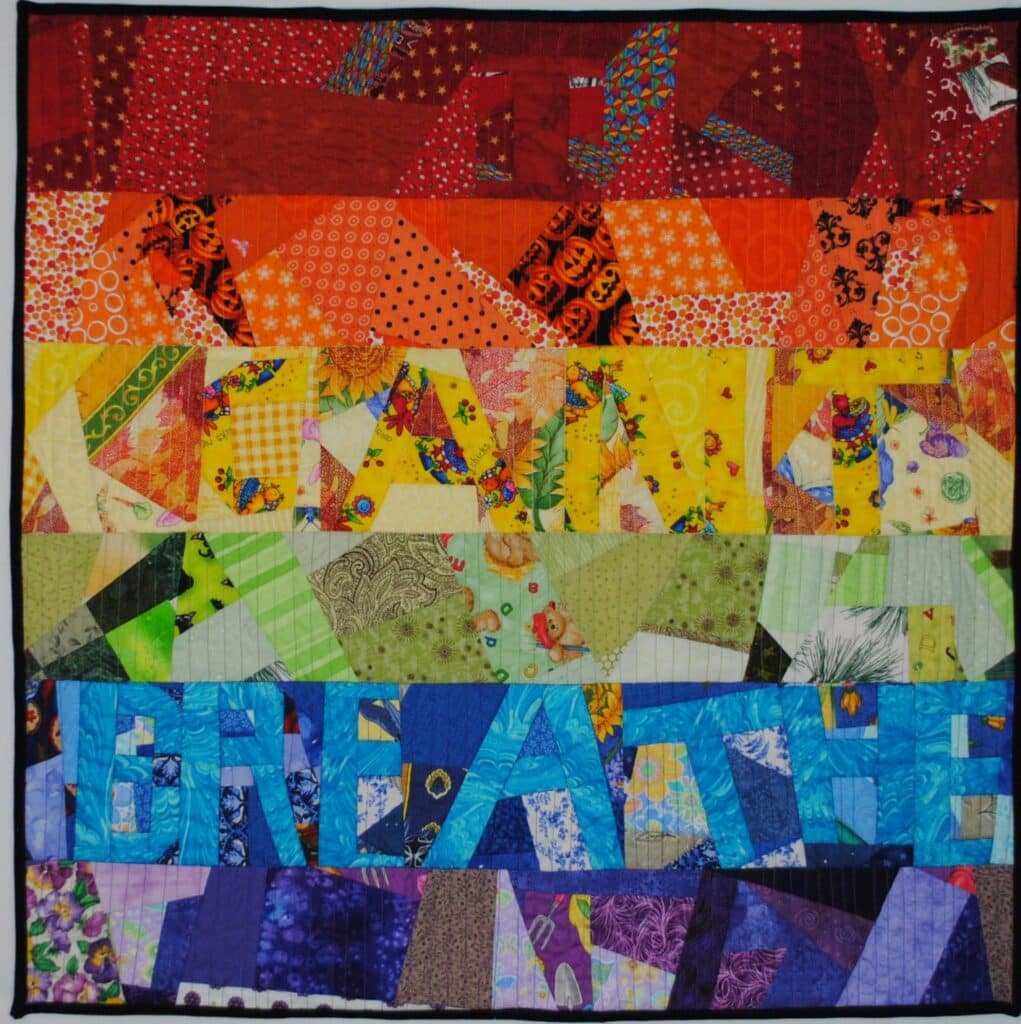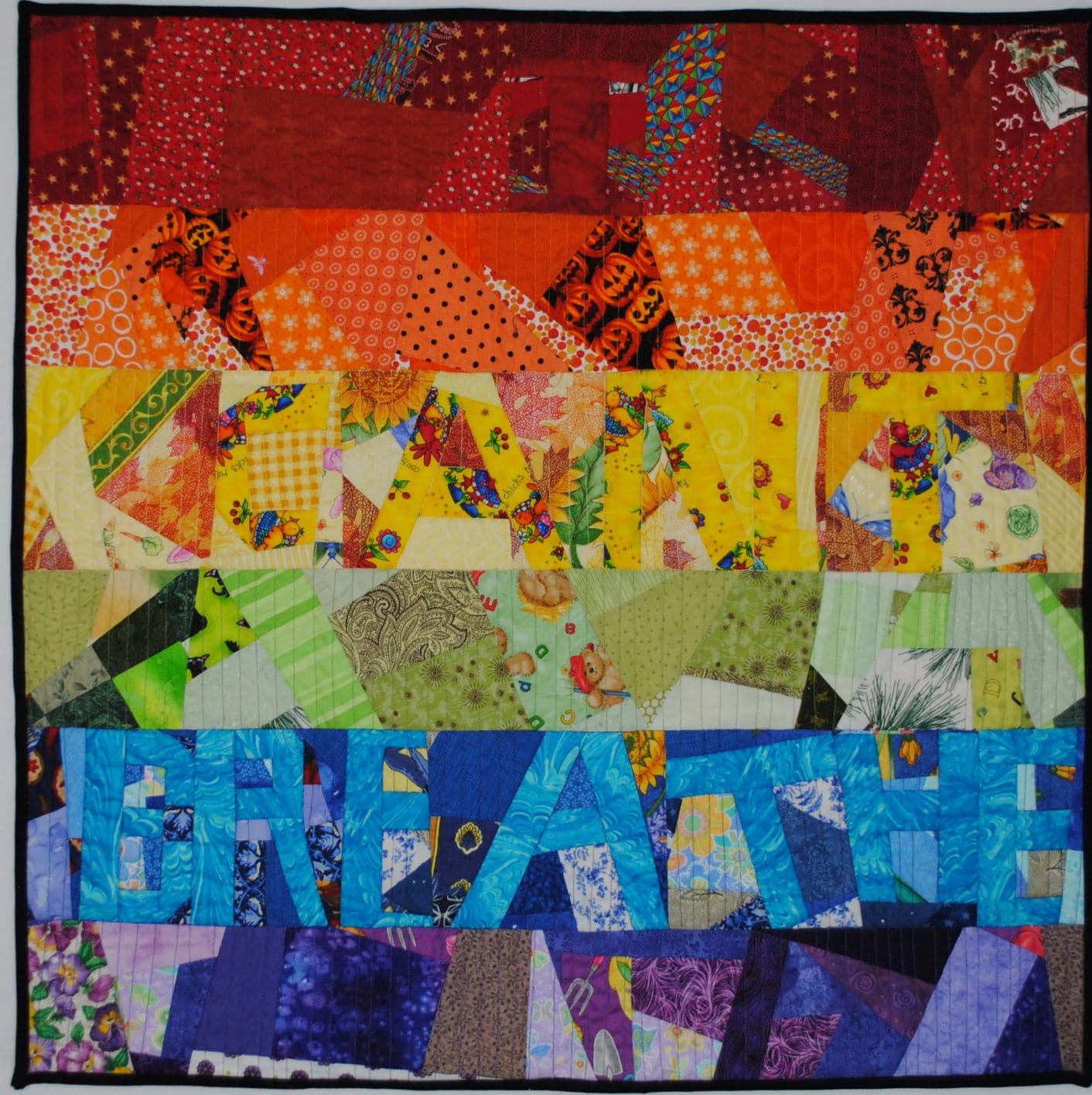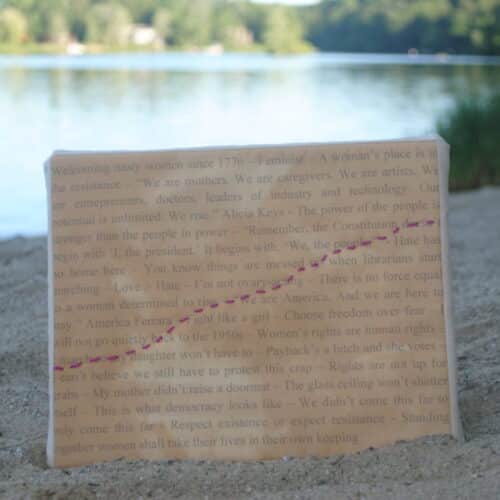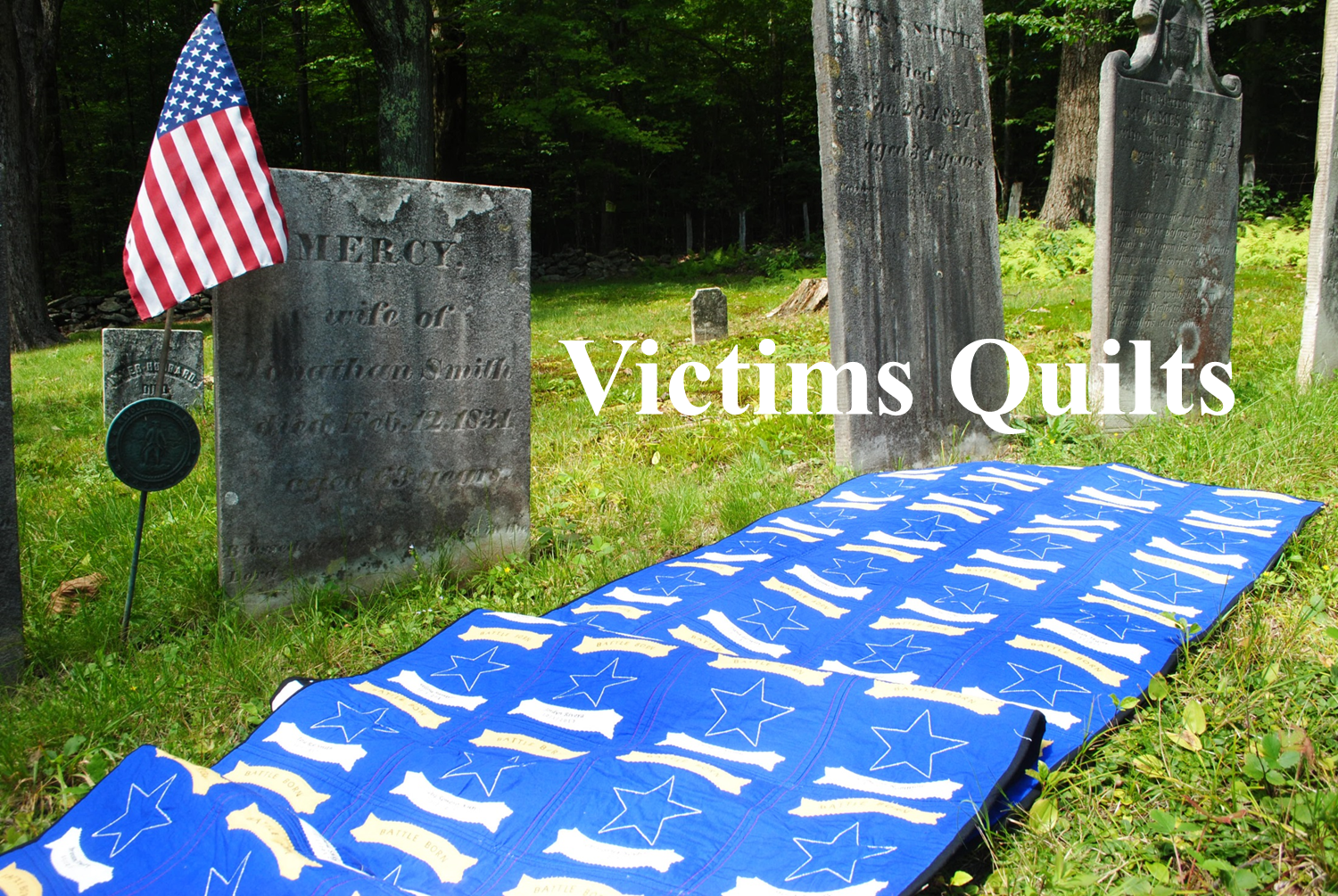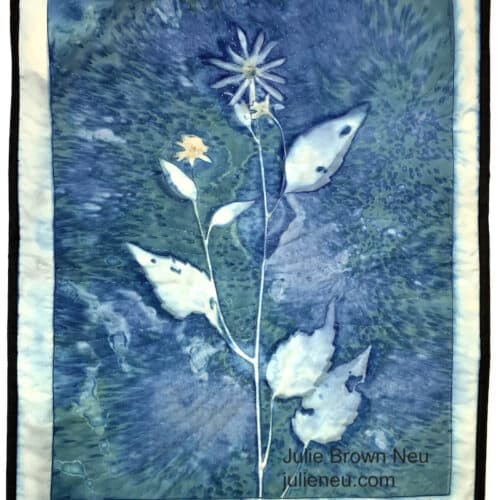George Floyd, Eric Garner, and countless other Black people whose final moments went unrecorded, gasped out “I can’t breathe” as they died at the hands of police. The horror of that idea is only made worse by the knowledge that it is all too common, that the lives of Black Americans are not safe, and never have been, from the representatives of the State.
Like so many others whose lives have been stripped of all unnecessary demands on my time, I too took the time to bear witness to George Floyd’s murder. I listened to his pleading voice and I too begged the officer to recognize his actions and take his knee off Mr. Floyd, even though I already knew that in eight minutes and 42 seconds he never did. At the same time, my breath caught as I thought about how many others over the last 400 years had died in the same way but whose names were never broadcast, whose lives were not eulogized in public.
I also wondered how loud the voices of Black people have to be before white people will hear them, really hear their pain and their cries. It was that thought that inspired this piece, the first of a triptych of quilts that will double in size in succession. I buried the words “I can’t breathe” inside crazy patchwork to reflect both how crazy this situation is, but also how difficult it seems to be for many of us to recognize those words and understand the depth of the suffering they reflect. This piece is about police brutality against Blacks certainly, but also about our “criminal justice” system in general. I quilted straight vertical lines, narrowly-spaced around the letters to reflect the bars of prison where our system is designed to contain as many Black people as possible. Like so many of our systems in the U.S., the “criminal justice” system was founded in a racism that persists in all corners of it today. It is just one of many systems that needs to be pulled apart, examined, re-imagined, and re-made if we are truly to overcome our violent and racist history.
